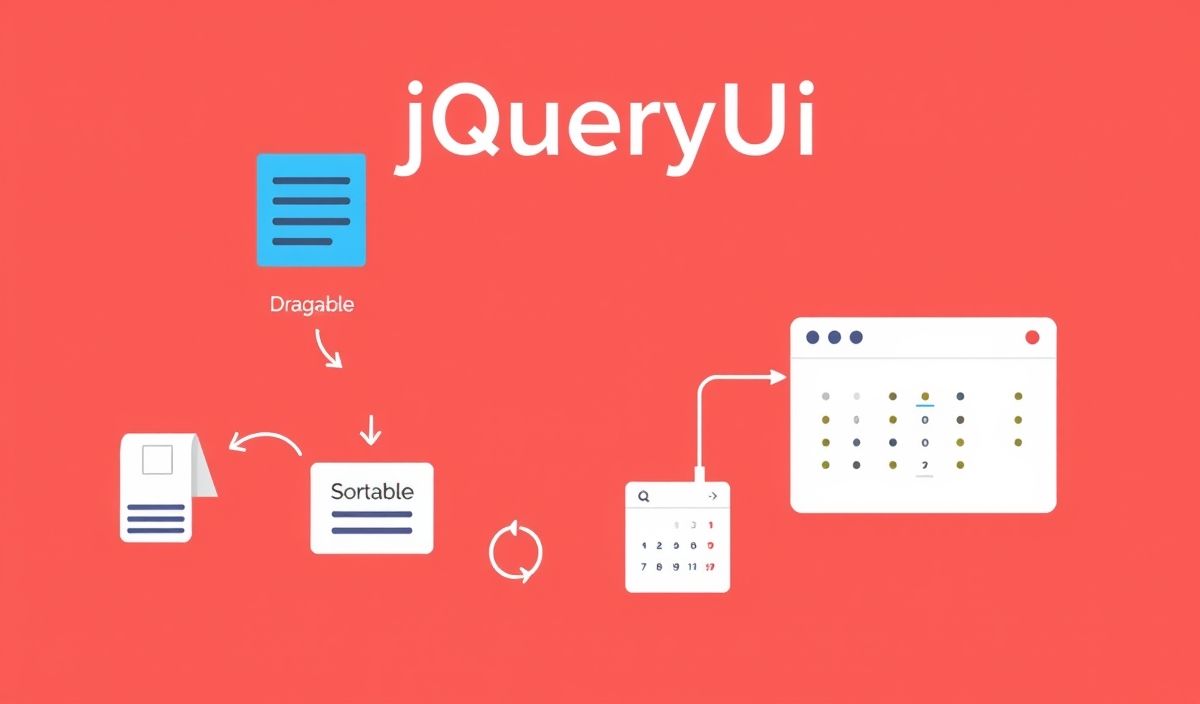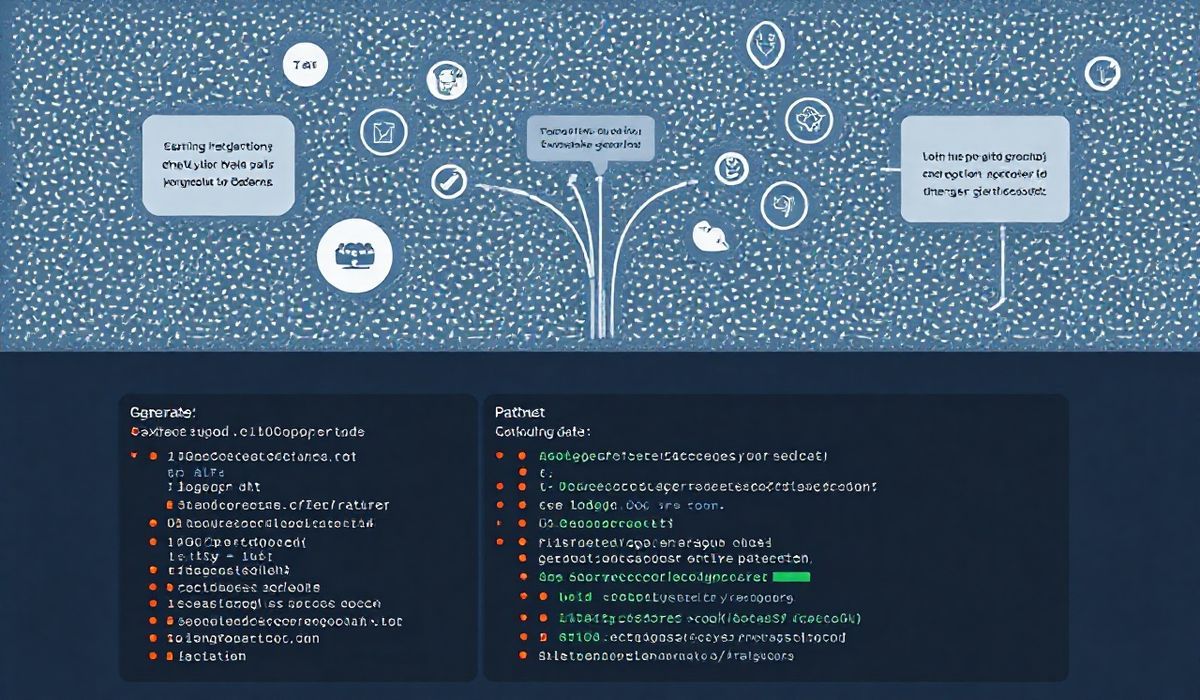Introduction to qjobs
qjobs is a lightweight and efficient job queue manager designed for Node.js applications. It simplifies the handling of job scheduling, making it easy to manage and execute jobs with optimal performance. In this blog post, we’ll provide a comprehensive introduction to qjobs, along with dozens of useful API explanations and code snippets to help you get started quickly.
API Examples
Installation
npm install qjobs
Creating a Job Queue
const QJobs = require('qjobs');
const jobQueue = new QJobs();
Adding Jobs to the Queue
jobQueue.add(function (args, next) {
console.log('Job 1 executed');
next();
});
jobQueue.add(function (args, next) {
console.log('Job 2 executed');
next();
});
Starting the Queue
jobQueue.start();
Setting Concurrent Jobs
jobQueue.setConcurrency(2);
Handling Job Completion
jobQueue.on('end', function () {
console.log('All jobs have been processed');
});
jobQueue.start();
Application Example
const QJobs = require('qjobs');
const jobQueue = new QJobs();
jobQueue.setConcurrency(2);
jobQueue.add(function (args, next) {
console.log('Fetching data from API...');
setTimeout(() => {
console.log('Data fetched from API');
next();
}, 1000);
});
jobQueue.add(function (args, next) {
console.log('Processing data...');
setTimeout(() => {
console.log('Data processed');
next();
}, 2000);
});
jobQueue.add(function (args, next) {
console.log('Saving data into database...');
setTimeout(() => {
console.log('Data saved into database');
next();
}, 1500);
});
jobQueue.on('end', function () {
console.log('All jobs completed successfully');
});
jobQueue.start();
By leveraging the qjobs library, you can efficiently manage and execute jobs in your Node.js application, ensuring optimal performance and resource utilization. Start integrating qjobs into your projects to enhance your job handling capabilities.
Hash: d5ca407433bff1be164cb701c0819c941b8a45f7a9649d625da589265fcc84cc




